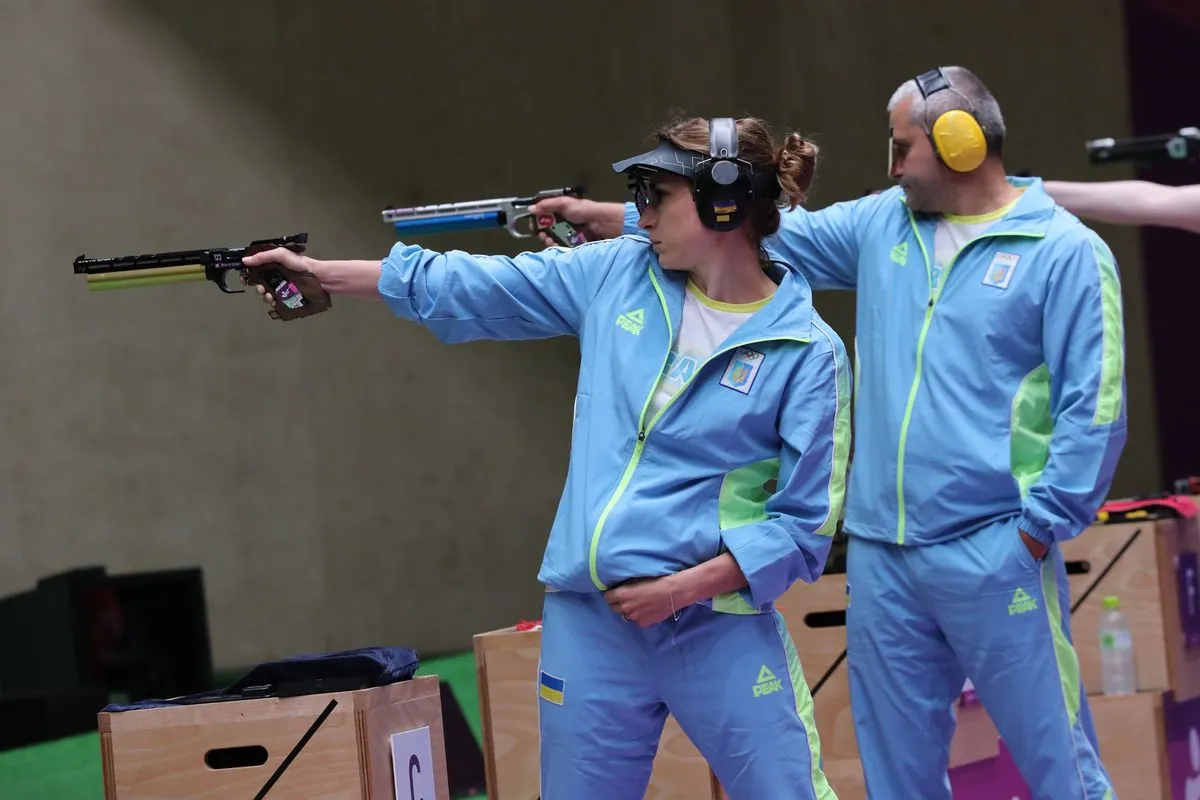In a recent incident highlighting the challenges of navigating online information, a satirical story about Yusuf Dikec, a Turkish Olympic shooter, was mistakenly shared as factual news across social media platforms. The fabricated tale, which linked Dikec's marital troubles to his shooting career, gained traction in early August 2024, shortly after the athlete's silver medal win in the mixed team 10-meter air pistol event at the Paris Olympics on July 30.
The satirical post, originating from a Facebook page called "The Sports Memery," humorously claimed that Dikec had only recently taken up shooting during a "particularly frustrating divorce mediation." This fictional narrative starkly contrasts with Dikec's actual background as a former Turkish Gendarmerie officer and seasoned Olympian who has consistently participated in the Games since his debut in Beijing in 2008.
As the story spread, fact-checkers stepped in to clarify the situation. Reuters, among others, investigated the claim and declared it false. The creator of "The Sports Memery" page, which clearly labels itself as a satire and parody account, addressed the misunderstanding in a subsequent post on August 2, 2024. They expressed surprise at the internet's difficulty in distinguishing between fact and fiction, stating, "This isn't a true story. It's satire from a page that goes to great lengths to label itself as such."
The incident serves as a reminder of the importance of media literacy in the digital age. With the rapid spread of information online, distinguishing between genuine news, satire, and misinformation has become increasingly challenging. This case also underscores the significance of fact-checking organizations in maintaining the integrity of public discourse.
"My intent was to make a joke about how absurd it would be if an unstable, recently divorced dad with tons of red flags won an Olympic medal in shooting."
The creator further explained that the satirical post was a reference to Michael Douglas's character in the 1993 film "Falling Down," adding an layer of pop culture commentary to the misunderstood joke.
As the 2024 Paris Olympics continue, this incident serves as a timely reminder for audiences to approach online content with a critical eye, especially when it comes to stories that seem too outlandish to be true. It also highlights the ongoing challenge for content creators and social media platforms in clearly distinguishing between satire and factual reporting.
